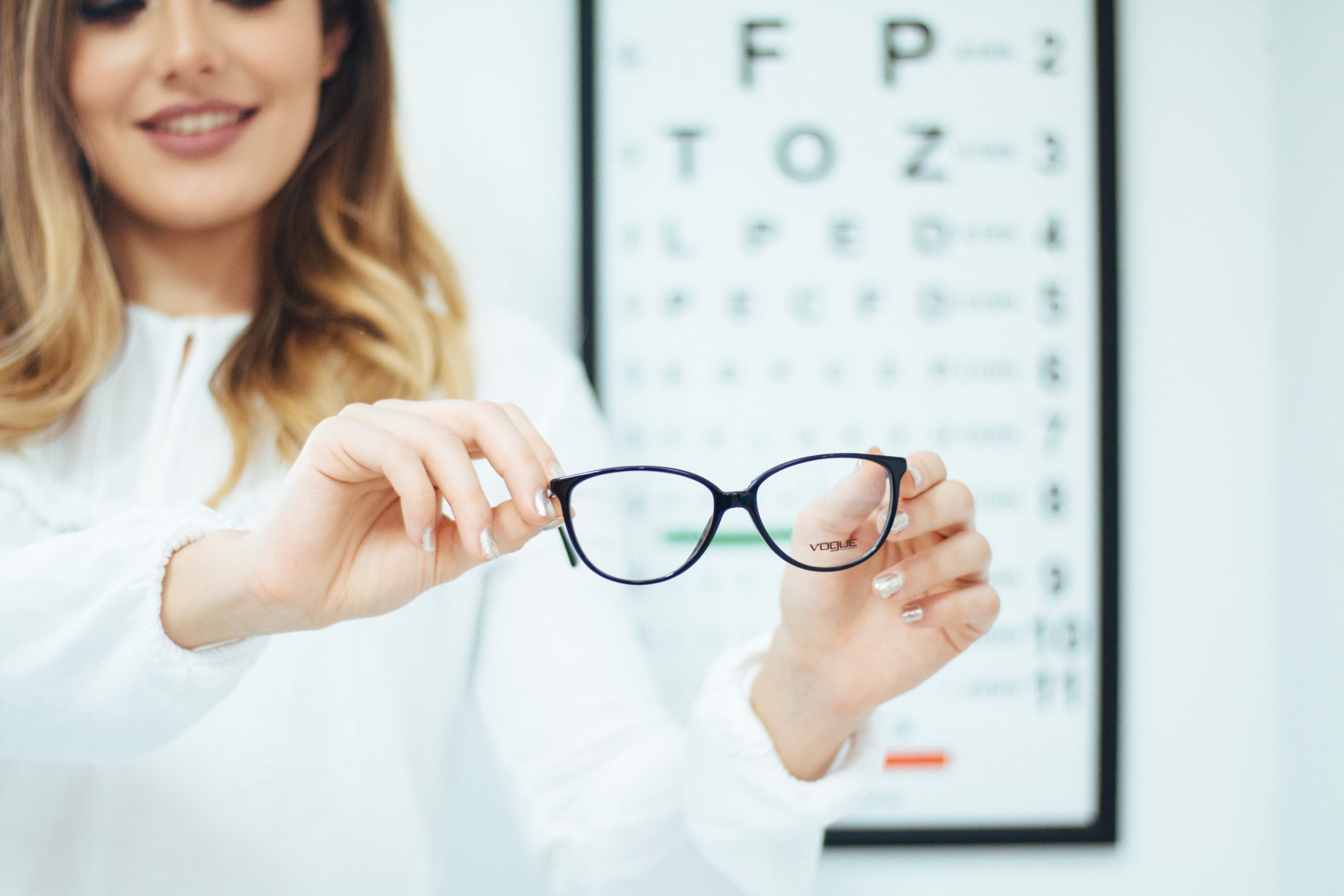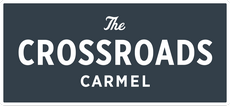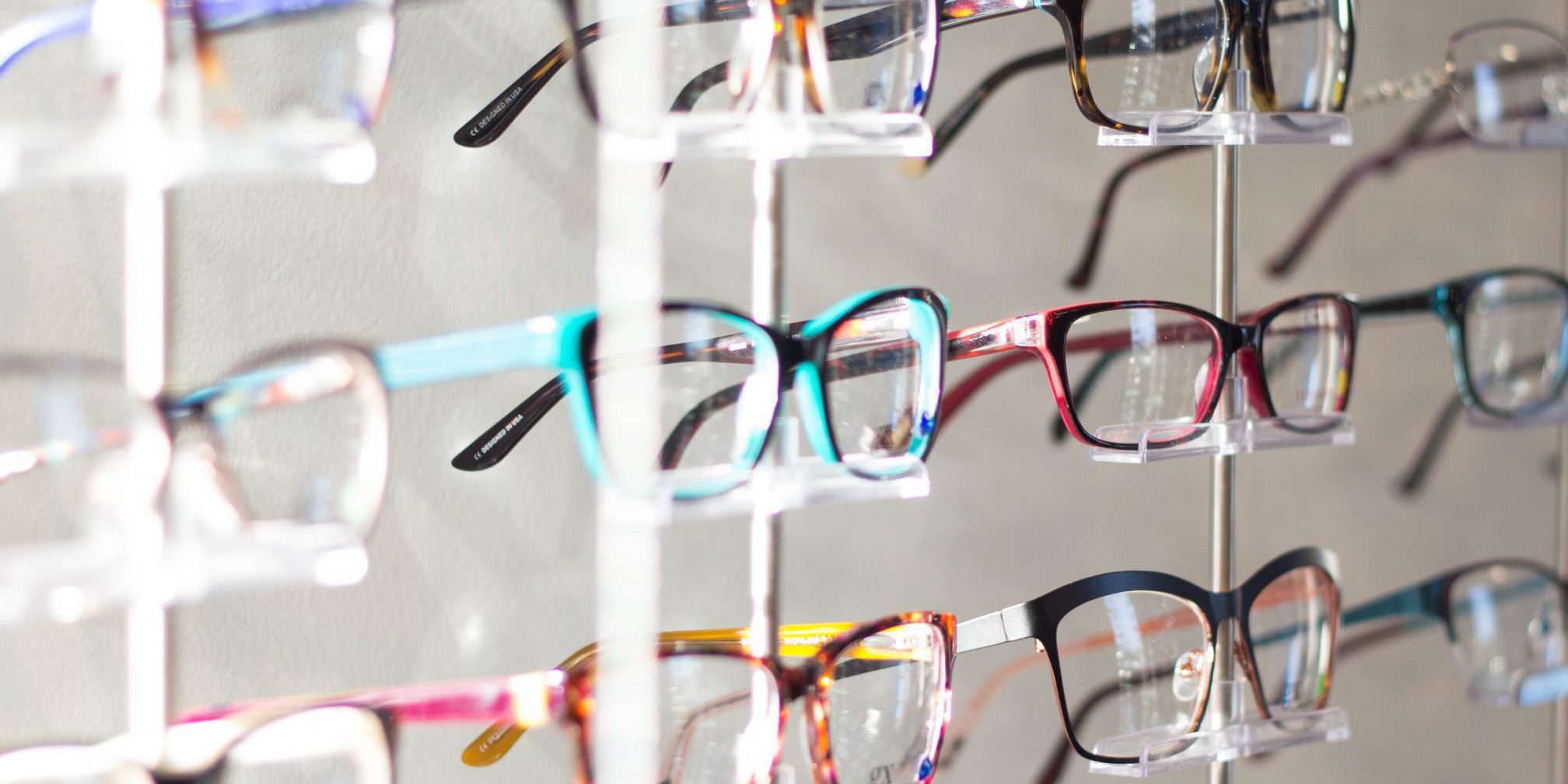How to Plan for Your Next Optometrist Appointment
We all know going to the doctor is important but how often do you visit your optometrist? It is recommended that the average adult goes to the optometrist every few years for a check-up. If you have prescription eyeglasses or contacts, you will want to opt for a yearly appointment.
One reason to visit the optometrist regularly is to check to see if you have any early signs of eye conditions like cataracts, glaucoma, and macular degeneration. Optometrists can even help diagnose health issues, like high blood pressure and diabetes, just from examining the eyes. Your optometrist visit is an attainable health goal that can keep your body functioning in tip-top shape.
To prepare for your next appointment we’ve put together a list of things to remember for your next appointment.
What to Do Before Your Optometrist Appointment
Verify Your Insurance Coverage
Bringing your insurance card and identification to a medical appointment isn’t anything new. However, before making an appointment with an optometrist check to make sure that your insurance is covered by the office you’ve chosen.
Keep in mind that your optical insurance may be separate from your medical insurance. Some insurance companies lump these (and dental insurance) together. But, sometimes you’ll have different policy information on a separate card.
Because of this, patients often bring the wrong insurance details.
Be sure to double-check that you are covered and that you have the right card in your wallet.

List Out Your Current Medications
Even if you aren’t taking medications specifically for your eyesight, you’ll still want to tell your eye doctor about all your current prescriptions because some medicines will affect your eye health. The more information your eye doctor has, the better they can take care of you while you’re in the office. Having your complete medical history will allow your optometrist to do their job thoroughly.
We recommend composing your list a few days before the appointment to make sure you don’t miss anything.
Know Your Family Eye Health History
Before you visit your eye doctor, make sure you understand which (if any) eye conditions run in your family. Ask your family members to see if anyone has current eye conditions or had any in the past.
Multiple conditions like glaucoma, cataracts, and macular degeneration run in families. If your optometrist knows that any of these conditions are in your family history, they will make sure to look closely for signs and symptoms.
Keep a Symptom Journal
At the onset of blurry vision, eye stress, or other problems start keeping a symptom journal. Do this by jotting down a few details of your experience. Note the date, time of day, and any recent activities around your experience.
Your symptom journal will make it easier for your eye doctor to look at factors that could have contributed to your symptoms. It will also help them determine whether the time of day, current activity, or other considerations may be affecting your eye health at the time of onset.
Keeping a symptom journal will also make your visit easier for you because you’ll have all the important details right in front of you. All you’ll have to do is hand your optometrist the journal and allow them to piece the signs together.
Create a List of Questions
Start a running list of questions for your optometrist on your phone or in a journal. Patients tend to forget their questions when they get to the office, and a running list can help you remember everything.
The Optometrists at Blink Optometry will be happy to answer any questions that you bring.
What Not to Do Before Your Optometrist Appointment
Don’t Forget Your Glasses/Contact Lenses
When you visit your optometrist, they will want to see your current eyewear. They’ll review the strength of your existing lenses/contacts and make sure that the prescription is still what’s best for you.
Our eyes change quickly, so you may find that you need a new prescription when you go for a follow-up appointment.
It’s also a good idea to bring sunglasses to your appointment. Your optometrist may decide to use eye drops that dilate your eyes if they’re performing a comprehensive eye exam.
Eye dilation can make you more sensitive to light. So, a pair of sunglasses is ideal for protecting your eyes until the drops wear off.
Don’t Drink Coffee or Alcohol
You may want to skip your morning coffee on the day of your next eye appointment.
Coffee can increase your blood pressure, leading to inaccurate measurements during your eye exam. To protect against an incorrect diagnosis of hypertension, pick up a coffee after your appointment to celebrate.
As for alcohol, this can raise your blood pressure too. And it can lead to dry, irritated eyes.
To prevent these side effects from distorting your exam results, skip out on alcohol the night before and the morning of your exam.
Don’t Overuse Your Eyes
If possible, avoid overusing your eyes before your optometrist appointment.
Try to get a full night of sleep with at least eight hours. And avoid digital eye strain from computers, phones, and other devices.
If your job consists of screen time, opt for a morning optometrist appointment. Doing so reduces your eye fatigue before and during the optical exams.
Make an Appointment With An Optometrist
Now that you know how to prepare for your optometrist appointment, it’s time to make an appointment with your local eye doctor in Carmel, Blink Optometry
Their full-service vision care center comes with a boutique optical shop so you can find the perfect glasses. And, it doesn’t matter how old you are – they treat patients of all ages.
Schedule your next eye exam at Blink Optometry located at The Crossroads Carmel today.


